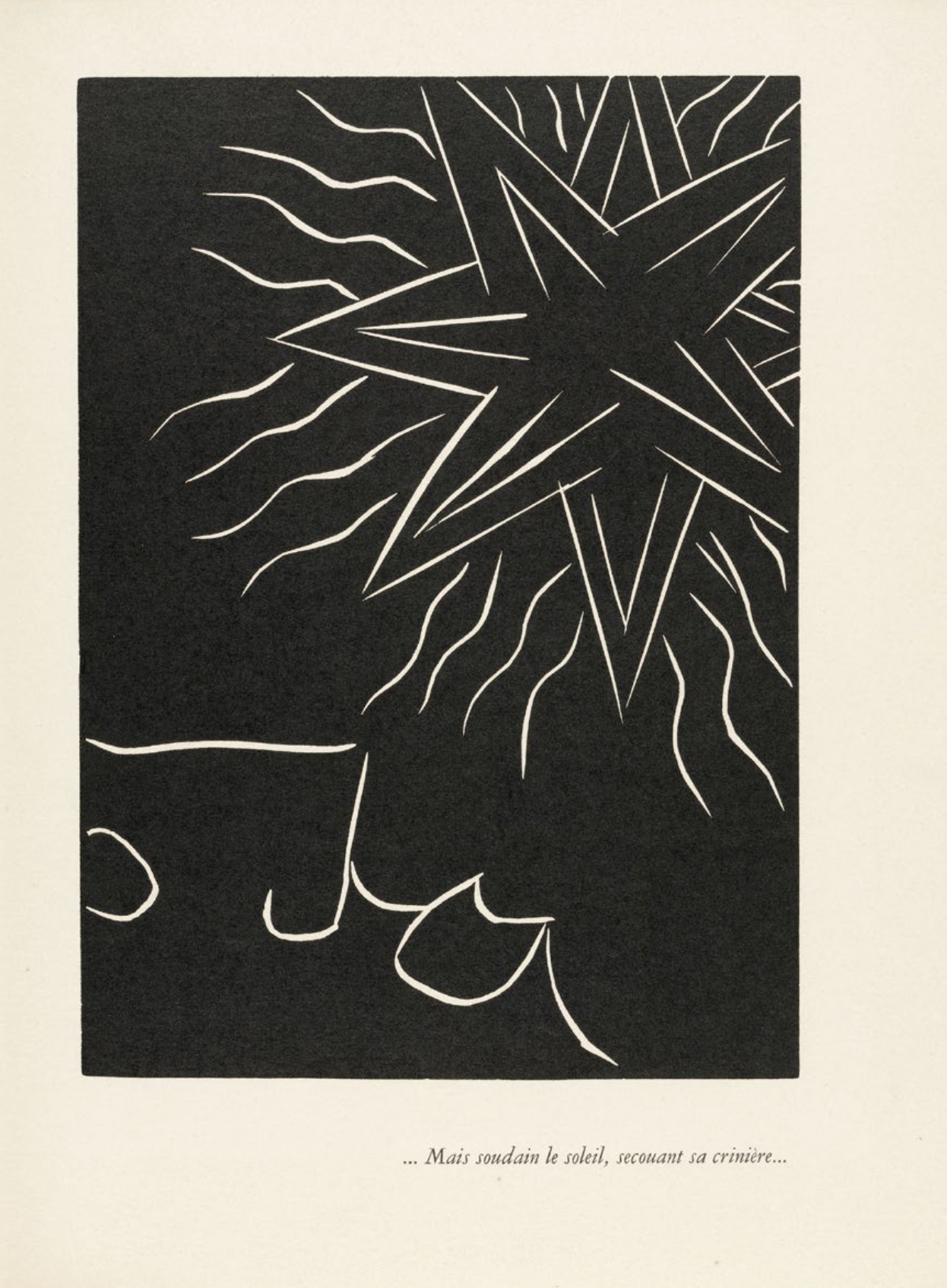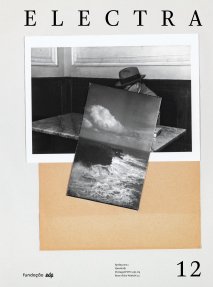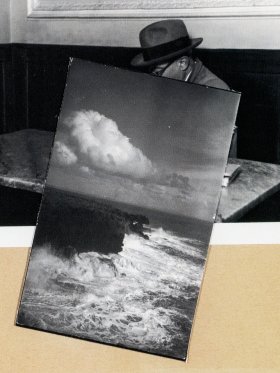I have a memory of a tall, skinny and very dark-skinned man. He taught us economics in year 9. He frequently said that he was a communist and thought economics was all wrong – or at least that, and the vague intellectual thrill I got from his lessons, is what I remember about him. There were many other sources of stimulation at that age. One day he told us: ‘We don’t know if all men are mortal. That’s just a theory that’s never been demonstrated.’ I’ve no idea why he told us that, but I know I didn’t believe him. I also know that whenever I hear or read ‘every man is mortal’, ‘death is certain’ or something similar, I remember him and recall thinking that he had a ‘theory’, but that it was frankly pathetic.
Three years later, when I was about to enter university, a miracle occurred. We had to take a general entrance exam – the PGA – whose creation was the cause of huge confusion in parliament and the media. What the confusion was about I couldn’t say, but I know that the result of it was that those entering university that year ended up having holidays from June to January. I took advantage of this miracle to do myriad things, among them becoming nocturnal and reading through the night. In October or November, I can’t say for sure, my father became concerned. He wondered if I was suffering from an ‘existential vacuum’. He gave me Frankl’s Man’s Search for Meaning to read. In our house, whenever there was a problem, you had to read a book of instructions. I have clear memories of reading books that taught you how to swim or play tennis or become a crack pool player. Dr Viktor Frankl, an eminent disciple of Freud and Adler, taught you how to deal with an existential vacuum. Right at the start of the book, he mentioned how an elderly man once visited his clinic and spoke to him of the crushing depression he felt because of his wife’s death. Dr Viktor Frankl then asked him what would have happened if he had died and his wife had survived. He answered, ‘Oh, for her this would have been terrible; how she would have suffered!’ Whereupon Dr Frankl replied, ‘You see, Doctor, such a suffering has been spared her, and it was you who have spared her this suffering – to be sure, at the price that now you have to survive and mourn her.’ Thus, the man was saved from depression, since suffering ceases to be unbearable when it has meaning – such as sacrificing oneself for someone else, for example.
[...]
*Translated by Chris Foster





Share article